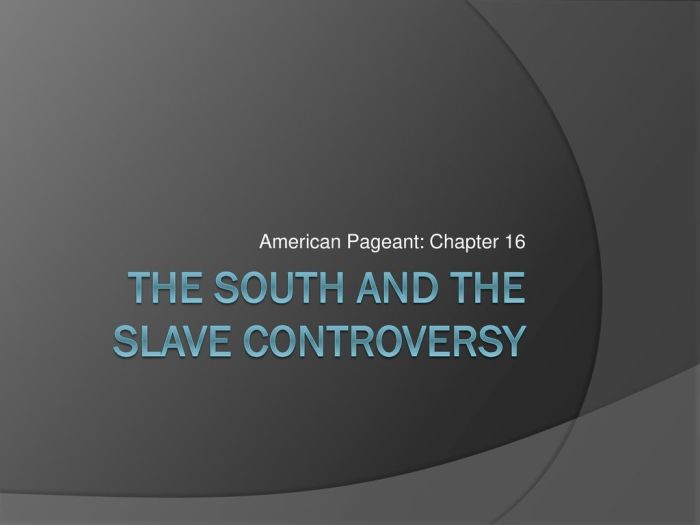American pageant chapter 16 notes provide an in-depth exploration of the history, significance, and impact of pageants in the United States. This chapter examines the origins of the pageant movement, the evolution of major pageants, and the social and cultural implications of these events.
From the early days of beauty contests to the modern era of televised extravaganzas, pageants have played a complex and multifaceted role in shaping American society. This chapter analyzes the format and structure of pageants, the criteria used to judge contestants, and the controversies that have surrounded these events.
Historical Context

The American pageant movement originated in the early 20th century as a way to promote tourism and local businesses. The first pageant, the Miss America Pageant, was held in Atlantic City, New Jersey, in 1921. The pageant quickly became popular and was soon followed by other pageants across the country.
Pageants played a significant role in shaping American culture. They helped to define the ideal of beauty for women and promoted the values of physical fitness, intelligence, and poise. Pageants also provided a platform for women to showcase their talents and achievements.
Major Pageants
There are several major pageants in the United States, including:
- Miss America Pageant
- Miss USA Pageant
- Miss Teen USA Pageant
- Miss Universe Pageant
- Miss World Pageant
Each of these pageants has its own unique history, significance, and impact on American culture.
Pageant Format and Structure: American Pageant Chapter 16 Notes

American pageants typically follow a standard format and structure. The pageant begins with an opening number, followed by the introduction of the contestants. The contestants then compete in a series of phases, including:
- Swimsuit competition
- Evening gown competition
- Interview competition
The judges evaluate the contestants based on their appearance, poise, and intelligence. The contestant with the highest score is crowned the winner.
Judging Criteria
The judging criteria for pageants have evolved over time. In the early days, pageants were primarily judged on physical appearance. However, today, judges also consider a contestant’s intelligence, poise, and personality.
The following are some of the most common judging criteria used in pageants:
- Physical appearance
- Intelligence
- Poise
- Personality
- Communication skills
Social Impact of Pageants
Pageants have a significant social impact. They can promote positive values, such as self-confidence, beauty, and intelligence. However, pageants can also be criticized for perpetuating unrealistic beauty standards and objectifying women.
There is no doubt that pageants have a complex and multifaceted social impact. They can be both positive and negative, and their impact varies depending on the individual.
Helpful Answers
What are the origins of the American pageant movement?
The American pageant movement originated in the late 19th century as a form of entertainment and a way to promote tourism.
What is the significance of the Miss America pageant?
The Miss America pageant is the oldest and most prestigious pageant in the United States. It has played a significant role in shaping American beauty standards and promoting women’s empowerment.
What are the different phases of competition in a typical American pageant?
A typical American pageant consists of several phases of competition, including swimsuit, evening gown, talent, and interview.
How have the judging criteria for pageants evolved over time?
The judging criteria for pageants have evolved over time to reflect changing societal values. In the early days of pageants, the focus was primarily on physical beauty. Today, judges also consider contestants’ intelligence, personality, and communication skills.
What are some of the controversies surrounding pageants?
Pageants have been the subject of controversy over the years, with critics arguing that they promote unrealistic beauty standards and objectify women. However, proponents of pageants argue that they provide a platform for women to showcase their talents and achievements.